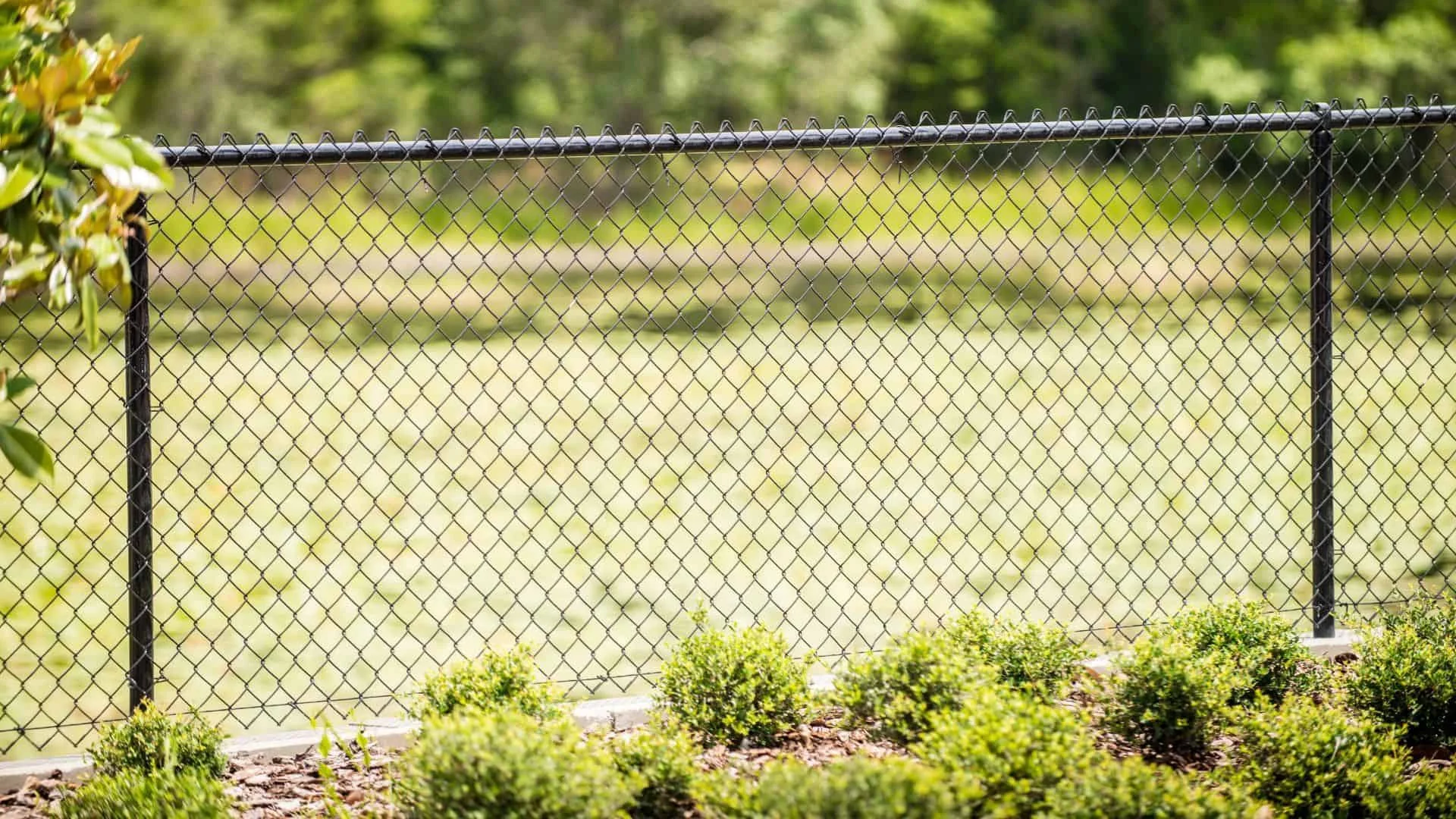The Denver metro region has grown tremendously over recent decades, converting agricultural land into residences. Rural towns are still thriving, but they’re located towards the foothills west of Denver or the plains east and south. If you’re in a town like Parker or Evergreen, you can still see working ranches framed and protected by a post-and-wire field fence installation.
You don’t have to own a ranch, however, to need a fence in Denver. Maybe you have deer or other nuisance pests in your yard, or pets that love to wander too far from home. Whatever the circumstances, fences are incredibly useful tools in a part of the country where the city meets the great outdoors. It’s always a battle between keeping things in—and out—of your yard without walling yourself off from the incredible Colorado views. That’s where deer fence and field fence installation comes into play. Superior Fence & Rail builds fences that hold up to Colorado’s specific needs while still letting the land feel open.
What Is Field Fence Installation (and Why It’s Smart)
Field fence is the workhorse of fences—woven wire or mesh stretched between posts. It’s not trying to win beauty contests; a proper field fence installation keeps livestock, pets, and unwanted wildlife managed without blocking sight lines or airflow.
Like chain link, field fence is ideal for covering long borders over difficult and uneven terrain. Field fence wire is often lighter than chain link fence cloth, however, making it a perfect choice for installations in remote areas.
Field Fence vs. Deer Fence: Same Roots, Different Technique
It’s no secret that the deer population has exploded on the edges of Denver. Deer may look pretty, but they can be a real nuisance. While a standard field fence is designed mainly to keep animals in, a deer fence is a specialized type of field fence built to keep wildlife out. Superior Fence & Rail partners with Trident Fence to provide deer fencing solutions that integrate seamlessly with Colorado living, giving property owners boundary control and wildlife protection.
Here’s what makes deer fence different from standard field fence:
- Height matters. Field fence is typically installed at 4-6 foot heights, too low to prevent deer from jumping over. Deer fences are taller—usually 7-8 feet, or higher in high-traffic areas.
- Bottom anchoring. Deer are resourceful, and can sometimes squeeze under fencing that isn’t firmly secured at the bottom. While other kinds of field fence may also include bottom anchoring, a well-installed deer fence always should.
Superior Fence & Rail has a number of options—from bottom-reinforced PVC up to heavy duty wire mesh—to help you manage the deer and wildlife at your property. Contact them today to learn about all of their agricultural fencing options as well as great financing incentives.
Why Deer and Field Fence Installation Matter in Denver’s Climate
The climate around the Mile High City is a challenge for any fence. Heavy snow, freeze/thaw cycles, and strong UV rays will prematurely age poorly installed fencing. And when you’re talking about field fence—where runs can sometimes be measured in miles, not feet—repairing damage can be costly.
Superior Fence & Rail knows that a great fence starts with a great installation. Our in-house crews are insured, bonded, and trained to install deer and field fence the right way, including:
- Setting posts deep to resist frost heave and movement over time.
- Tensioning fence cloth properly so wire stays taught in all weather conditions.
- Communicating with you every step of the way so you get the fence you ordered, every time.
All Superior Fence & Rail installations come with a 3 year warranty on workmanship, so you can rest easy knowing your project will be built to last.
Why Shouldn’t I DIY My Field Fence Installation?
It’s just posts and wire, what’s so hard about that, right? Those sound like famous last words from someone about to give up too many weekends to installing a field fence. But, depending on the scope of your fence project and the type of soil you’re digging in, having the proper equipment and expertise can make all the difference. Digging post holes in rocky soil or heavy clay is a great way to ruin your back if you don’t have the right tools and know how to use them. Tensioning wire so it stays tight? That’s an art. And if your property isn’t flat, be prepared to make some major mistakes the first—and maybe second time—you attempt to string your wire. You can try to DIY, or you can call the professionals at Superior Fence & Rail.
A Fence That Belongs in Colorado
A good fence makes life calmer. Relaxed. Animals stay where they belong, gardens survive another season, and the neighbors nod instead of complain. A bad fence just adds chores to the list.
If you’re ready for a fence that’s a match for Colorado’s ground and Colorado’s weather, Superior Fence & Rail is who to call. Click here for a free quote and information on how a new fence could transform your property. Whether it’s plain fence, deer fence, or some mix of both, Superior Fence & Rail build it to last.

Leave a Reply